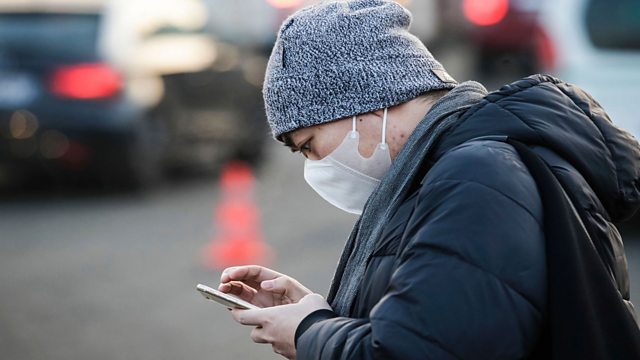How to Spot Fake Health News
How do we sift fact from fiction in stories about health in the news and social media?
How much do you trust the news you read about health and medicine β other than that from the ΒιΆΉΤΌΕΔβs Health Check? Some stories on social media are not to be trusted β according to public health officials, voicing concern about the amount of made-up health news shared online. In 2016 the UKβs Independent newspaper found that out of the 20 most shared articles with cancer in the headline, more than half have been discredited. The Guardianβs Sarah Boseley and Stat Newsβs Watchdog Columnist Ivan Oransky have some tips on how to spot the fakes.
Guatemalaβs long and bloody civil conflict, which ended 20 years ago, left 200,000 people dead or "disappearedβ. For many Mayan women who lost sons, husbands and fathers the impact has been felt on their mental health. As Maria Martin reports there is little psychological support available.
How normal are you? People who hear voices or have other sensory experiences often do not talk about it β because of the fear of stigma. An immersive art exhibition in south Londonβs Copeland Gallery gives an insight into what it feels like to hear voices to and challenge our perceptions of mental health.
(Photo: A person wearing a face mask looks at their mobile phone. Credit: Geoffroy Van Der Hasselt/AFP/Getty Images)
Last on
More episodes
Broadcasts
- Wed 25 Jan 2017 20:32GMTΒιΆΉΤΌΕΔ World Service Online, Americas and the Caribbean, Australasia, Europe and the Middle East & UK DAB/Freeview only
- Wed 25 Jan 2017 21:32GMTΒιΆΉΤΌΕΔ World Service East Asia & South Asia only
- Thu 26 Jan 2017 02:32GMTΒιΆΉΤΌΕΔ World Service Americas and the Caribbean
- Thu 26 Jan 2017 03:32GMTΒιΆΉΤΌΕΔ World Service Online, Europe and the Middle East & UK DAB/Freeview only
- Thu 26 Jan 2017 04:32GMTΒιΆΉΤΌΕΔ World Service East Asia & South Asia only
- Thu 26 Jan 2017 05:32GMTΒιΆΉΤΌΕΔ World Service Australasia
- Thu 26 Jan 2017 07:32GMTΒιΆΉΤΌΕΔ World Service East and Southern Africa & Europe and the Middle East only
Podcast
-
![]()
Health Check
Health issues and medical breakthroughs from around the world.


